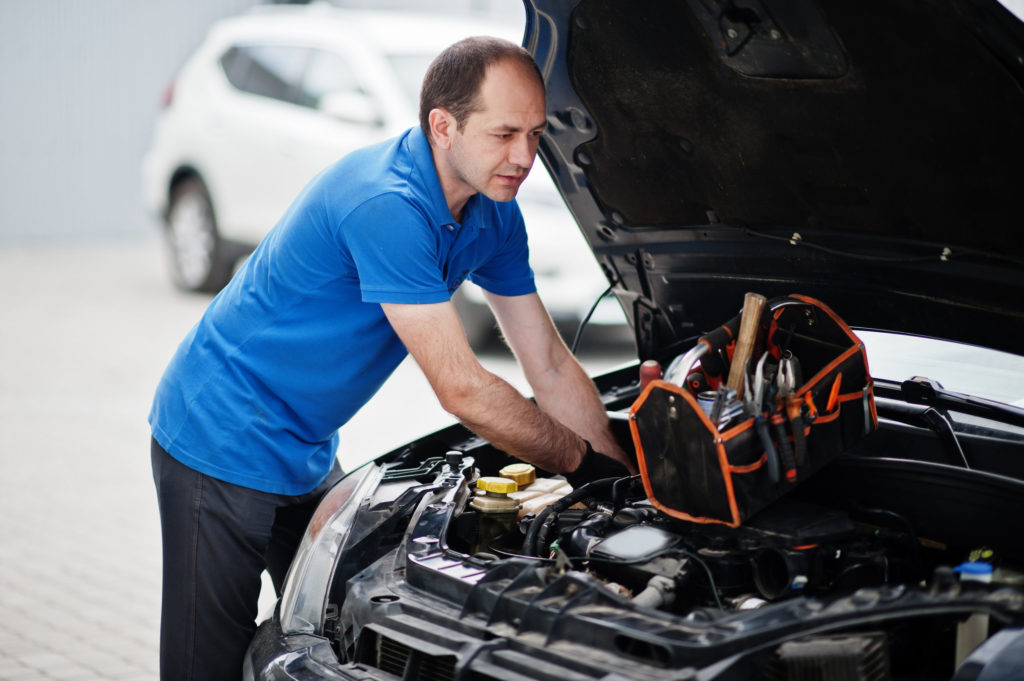I could use some insight. I’ve recently graduated from college and moved across the country for my new job. I’m now considering whether or not it makes sense to get a car, but I wanted to make sure it’s the right decision.
I arrived in Dallas, Texas a couple of weeks ago from Washington, DC–where I definitely didn’t have a car. More importantly, I haven’t relied on a car since I was in high school, and that wasn’t very representative because my parents financed everything except my gas.
That’s why I need some guidance. I’m not totally sure what goes into the car buying decision-making process. Any tips or tricks would be much appreciated.
Buying an automobile has become an increasingly fraught decision for young people, and especially so for those living in or near a major city. As a result, fewer and fewer youngsters are electing to drive themselves and instead opt for one of a variety of alternatives. Bill Roberson at Digital Trends highlighted exactly why young people aren’t buying cars or getting their driver’s licenses. According to him, there are multiple factors that have contributed to reduced car ownership amongst American youngsters.
The first factor cited is the rise of reliable mass transit across US cities. Unless your parents also live in Dallas, it’s unlikely that you’d be able to take advantage of the second factor–parental taxiing. However, his remaining factors are likely to still play key roles. For instance, alternative modes of transportation (i.e., walking, jogging, biking, skating, etc.) are consistently on the rise. There’s also the high cost of driving in terms of both money and time. These are all variables that must be considered carefully.
At the end of the day, most young people base their purchasing decision on the total cost of ownership. That would include the price of acquiring the car plus all related maintenance and upkeep fees (both expected and unexpected). Staff writers at Nerdwallet have already done you the favor of breaking down the total cost of car ownership. Things like maintenance, taxes, registration fees, insurance premiums, and depreciation are rarely taken into account when first buying a car and considering its total cost.
You should also realize that having a car can be an asset or a liability, depending on your situation. Say, for instance, you purchase a car but decide to rely on on-street parking instead of a dedicated space in order to save money. While you might avoid any immediate monthly expenses, your vehicle is also at greater risk of accidental and/or deliberate damages. You probably wouldn’t realize it, but vandals can wind up costing you a pretty penny for services like overspray removal. Overspray is paint or varnish that has made its way onto a surface that it shouldn’t be on. It’s often caused by graffiti and can be unsightly.
That’s also why you should investigate some of the most common repairs for an automobile. Editors at Liberty Mutual Insurance were kind enough to itemize the most common car repair costs for people just like you. As you can see, the cost of repairs can vary drastically in accordance with the severity of the issue. Expect minor mechanical interventions like replacing the air filter or transmission fluid to run you less than $100. However, major mechanical interventions like suspension or transmission replacements can run you well over $1,500.
Car owners that rack up considerable maintenance and repair costs must eventually decide whether or not it makes sense to continue fixing the vehicle they have. Alan Henry at Lifehacker has already explained the calculus behind repairing versus replacing your old car. His suggested evaluation makes a lot of intuitive sense. For instance, he advises car owners to consider the total market value of the car and how much longevity certain repairs will add to it. Failing to take those aspects into account could very easily lead you astray.
Since you’ve only just arrived in Dallas, you might first try commuting around with a bicycle. Forbes contributor, Kevin Murnane, wrote a compelling article discussing the many health benefits that cycling provides. In other words, you can save money while increasing your own longevity. Taking the time to experiment with a bicycle will let you acquaint yourself with the streets without having to make the full investment in a vehicle. You might discover that cycling isn’t all that convenient because of inadequate road conditions. That’s a barrier not so easily overcome without exploring other modes of transportation, but it’s important to try, nonetheless.
“Cars are the sculptures of our everyday lives.”–Chris Bangle










